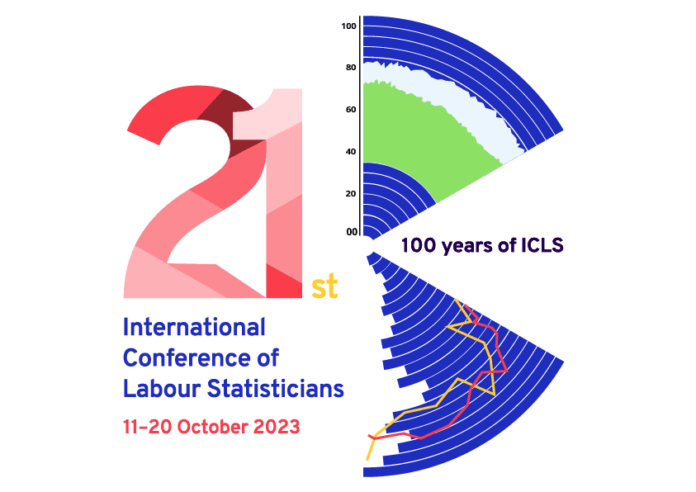GENEVA, Switzerland – Around 500 statisticians are attending the 21st International Conference of Labour Statisticians (ICLS), at the ILO in Geneva. 2023 marks the centenary of the ICLS.
In today’s data-driven world, statisticians have become essential players in the labour market. They collect, analyze, and interpret data, providing valuable insights that shape business strategies and government policies. Rafael Diez de Medina, chief statistician and director of the ILO department of statistics explains what can be expected from the ICLS.
What is the importance of the ICLS?
Data and statistical indicators can be seen as a language, and as for any language it must be universal for it to be understandable, based on logic and sound grammar, and it must be able to convey the ideas it is intended for. This is precisely what the ICLS does. It defines carefully what is intended to be measured in the world of work, so that everyone understands the means that can be used to track and measure decent work.
The Conference is the global standard-setting body for labour market statistics. It meets every five years to review new trends and requirements in data gathering and usage, and to establish common concepts and definitions for various dimensions of labour and the world of work.
Today, sound statistical standards are more necessary than ever, to ensure that accurate statistical data provide the basis for designing policies. They also inform healthy social dialogue and help to avoid fake information from unreliable sources.
What are the key issues that the ICLS will discuss this time?
The main focus will be on the area of statistics related to the informal economy. The ICLS will also discuss a wide range of other topics, ranging from statistics on social protection and labour migration, to indicators relating to violence and harassment at work, the measurement of unpaid work, care work and digital platform work.
We will have dedicated sessions to discuss data compilation and production, including how these data are communicated and disseminated. Delegates will also discuss how statistical activities and capacity-building are being disseminated in the different regions.
How do you see the future of labour statistics and the ICLS?
Labour statistics are evolving even as we speak, reflecting the fundamental changes in the world of work that we are witnessing. Official statistics are also being challenged by new types of data emerging from the so-called ‘data revolution’, where new data, usually not intended to be used for a specific purpose, are used to provide insights on trends in the world of work.
Labour statistics will have to integrate these new characteristics and we will have to agree on how to identify and measure them. Statistical discussions have always informed policy discussions, and the international statistical communities will need to carefully discuss how to measure any new concept.
I am very confident that the ICLS will continue to engage with the transformations in the world of work, and that we are well-positioned for the next 100 years of our history!





